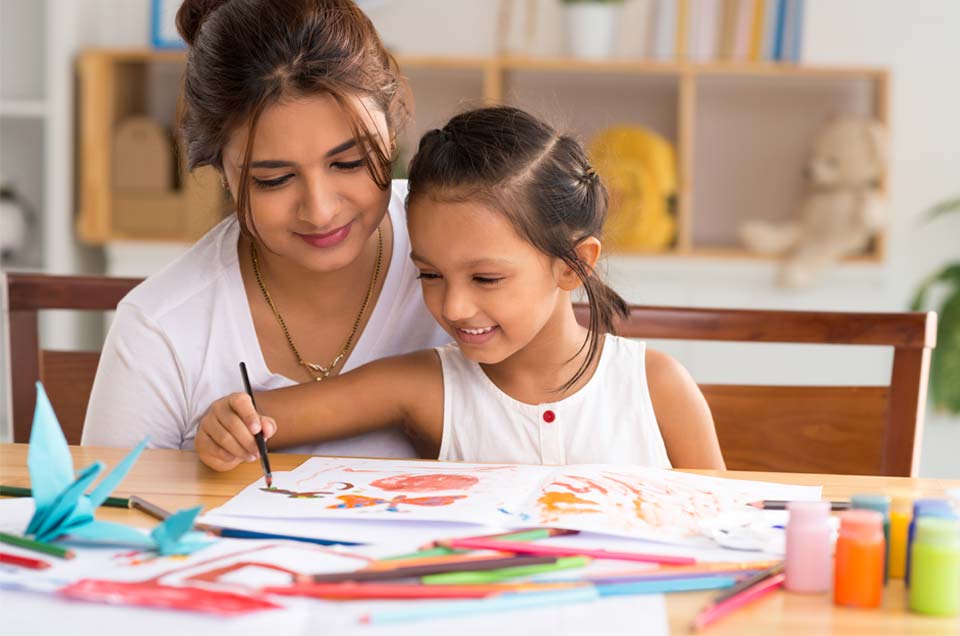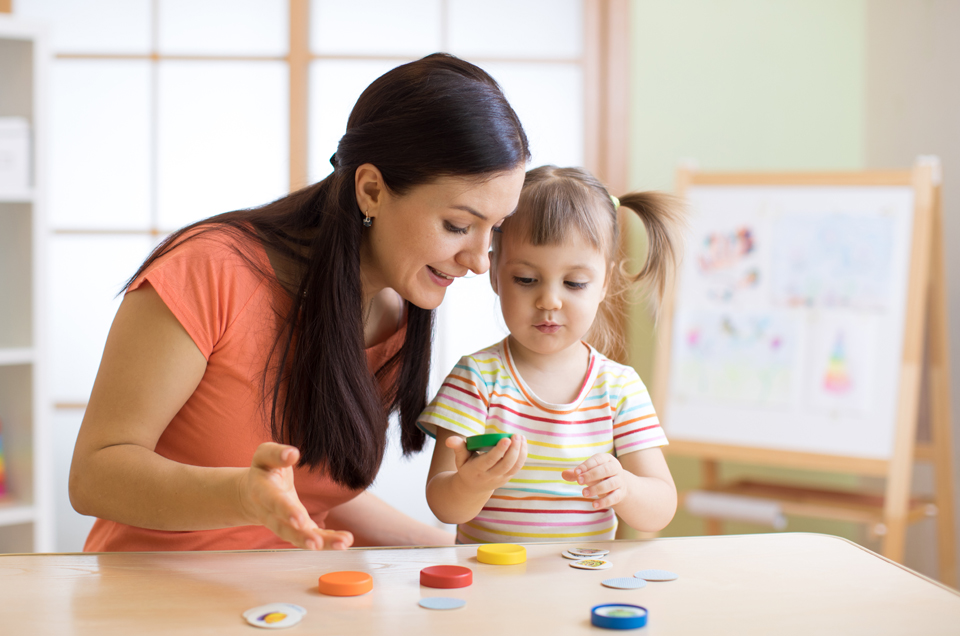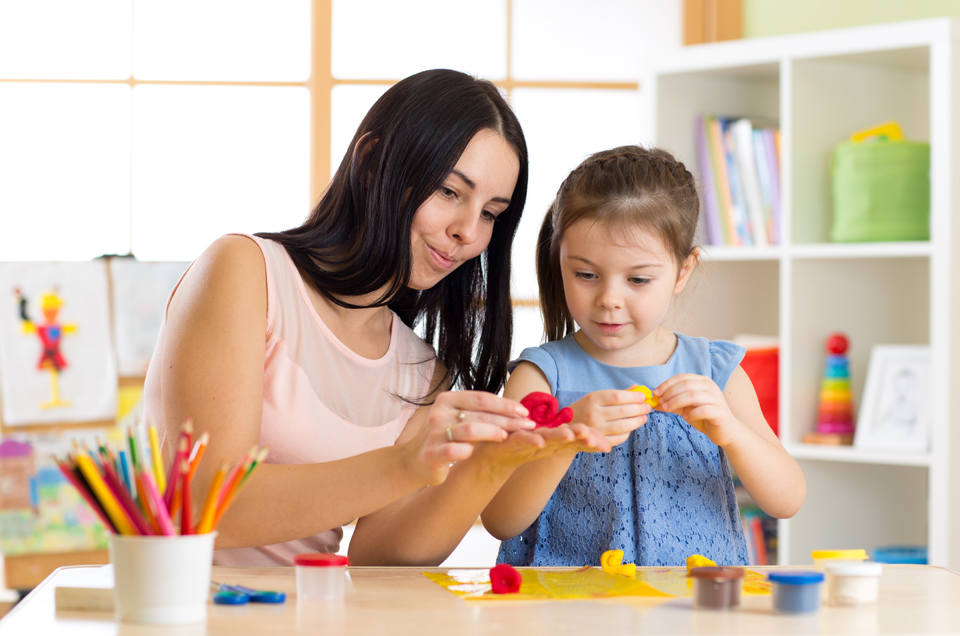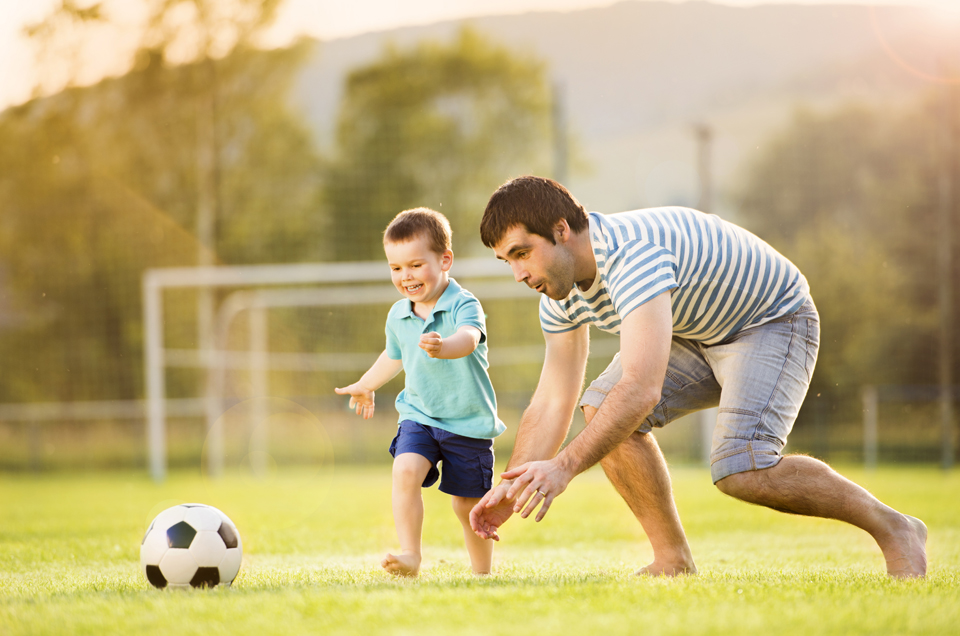As I sit down to write this, I gaze outside my office window that overlooks the playground at Jiva Public School. It is play time and children are at their games. Some are playing kho-kho, others are jumping ropes, some boys are playing basketball and one child has fallen down while his friends are consoling him. At first sight, all of these might appear like a wild cacophony but if you observe closely you will see many things, some of which are very important lessons that children must learn such as: competition, team spirit, cooperation, and coordination with team members, compassion, risk-taking and many more.
On top of all that, playing also improves physical and mental health as well as reduces stress. In short, play enables humans learn, adapt and evolve. Unfortunately parent’s obsession with academic obsession with academic achievements have clouded their perspective on play. When children want to play, parents usually see waste of time and useless distractions from studies. Children should receive a healthy dose of play in their daily schedules so that they can maximize their potential and unleash the inner champion.
Different types of plays:
All plays are not alike, in fact there are 7 different types of plays and children need all of them.
Large motor play:
Including all types of body movements as in running, jumping, climbing, swinging, and sliding.
Small motor play:
Playing with small objects and engaging in activities that require physical and mental dexterity such as solving puzzles, sorting objects, stringing beads.
Construction play:
A type of play that requires skills and imagination for building structures, such as houses, fort, ships and so on.
Role play:
This type of play usually begins with ‘Let’s pretend…’ and evolves into a different situation that children have experienced or imagined.
Arts play:
Children integrate all forms of art into their play, using whatever material are at hand to draw, model, create music, perform puppet shows, and so on. They explore the arts and use them to express their feelings and ideas.
Rough and tumble play:
These activities involve physical risk-taking as well as rough-housing, where participants demonstrate aggression within limits so that no one actually get hurt.
How to encourage your child to play:
Children living in towns and cities hardly get any time to play. On top of that parents put a lot of emphasis on studies. Many children don’t even get the chance to walk because there are no sidewalks or parks. So, what is it that you can do to increase the playful element in your kid’s life? Try these tips:
-
Be sure to set aside ample time in your kid’s daily schedule for play.
-
Ensure they engage in different types of play (individual, interpersonal, role-play, large motor, small motor, etc.)
-
Create an environment at home that is conducive to play. Stock up on all sort of stuff, such as books, toys, board games, puzzles, papers, scissors, crayons etc.
-
Don’t be overprotective and try to make their environment devoid of anything dangerous. Keep things balanced.
-
Engage your kids in real work from time to time so they get a feeling for responsibility. This will enrich their play time with new ideas and roles to enact.
It is not just enough for children to play, it is important that they play well. Here are some rules that your children need to learn to be better team players:
Play by the rules:
Rules are there for a purpose – to enable everyone to enjoy playing.
Give everyone the chance to play:
It is no fun if only a few people dominate the game and others don’t get an opportunity.
If you take something out, put it back:
Teach your kids to be responsible for keeping and storing any game or paraphernalia. Don’t let them leave their play things around for you to put away.
Pull your own weight:
Don’t let others do all the work while you enjoy yourself at the cost of their efforts.
If you made a mess, clean it up:
If you spilled something, broke something or made the place untidy while you were playing, clean it up yourself. Don’t wait for someone else to do it.
Respect other’s time:
Group efforts require planning and coordination. Be punctual and show up when you are supposed to.
Appreciate others:
Praise others for their contributions and unique qualities that they bring to the activity.
Win with grace:
Give credit to everyone who contributed to your success and don’t taunt opposing players.
Lose with grace:
No one likes a sore loser. Accept defeat with humility and aim to improve the next time around.
Have fun –
Remember to teach your children that the most important part of play is to enjoy yourself!
































